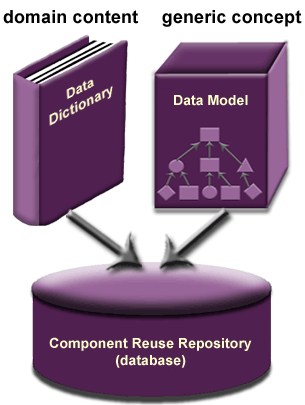MENU
JUMP TO
Thank you for your interest in the Global Justice Extensible Markup Language (XML) Data Model (Global JXDM). This section contains the history, background and the latest release information of the GJXDM. While this initiative is still supported, adoption of the broader successor to the GJXDM, the National Information Exchange Model (NIEM), is highly encouraged.
The Global JXDM is an XML standard designed specifically for criminal justice information exchanges, providing law enforcement, public safety agencies, prosecutors, public defenders, and the judicial branch with a tool to effectively share data and information in a timely manner.
The Global JXDM removes the burden from agencies to independently create exchange standards, and because of its extensibility, there is more flexibility to deal with unique agency requirements and changes.
The Global JXDM is an object-oriented data model for organizing the content of a data dictionary, the Global Justice XML Data Dictionary (Global JXDD), in a database. From this database, an XML schema specification can be generated that consistently represents the semantics and structure of common data elements and types required for information exchange within the justice and public safety communities.
There are three primary parts to the Global JXDM: the Data Dictionary (identifying content and meaning), the Data Model (defining structure and organization), and the Component Reuse Repository (a database).
The work accomplished to date, based on participation by practitioners from the justice and public safety communities, has resulted in the creation of a data model that can be used to generate data schema which will facilitate information sharing among the various jurisdictions of those communities. This was done in a manner that reduced the cost of developing the technical solutions required, simplified the process and associated products, and enhanced the interoperability quotient of the end product. The approach combines successful practices in data modeling with recent technology standards for XML schema.
Ultimately, XML and the Global Justice XML Data Model can help to make criminal justice information sharing easier, quicker, and less expensive for agencies by offering standard tools, techniques, and data structures.
With the help of XML and the Global Justice XML Data Model, the opportunity for proactive justice information sharing is enhanced, arming everyone across the justice and public safety communities with the most accurate and up-to-date data to make the very best decisions possible-increasing law enforcement and criminal justice agency efficiency, public safety, and national security.


